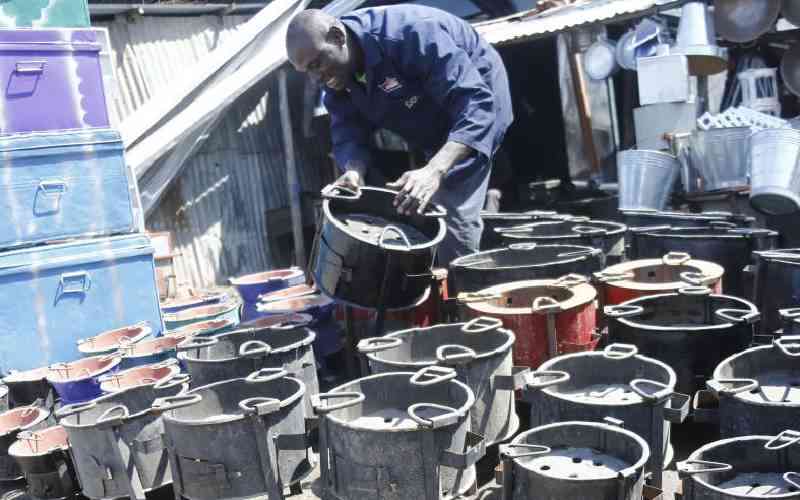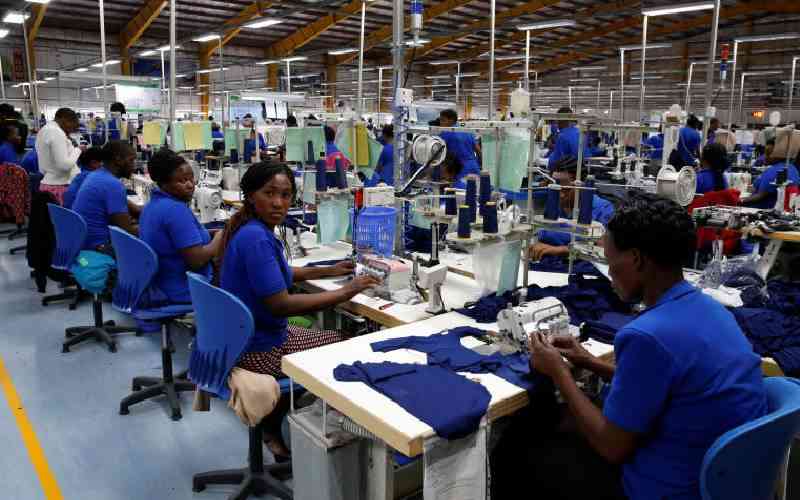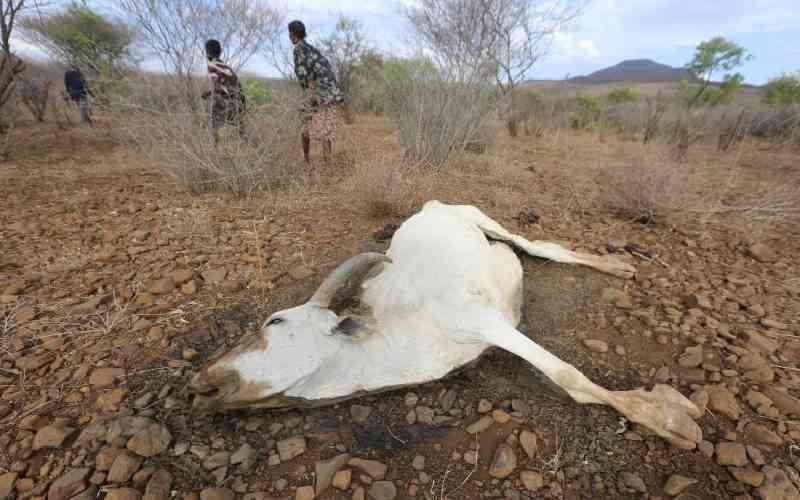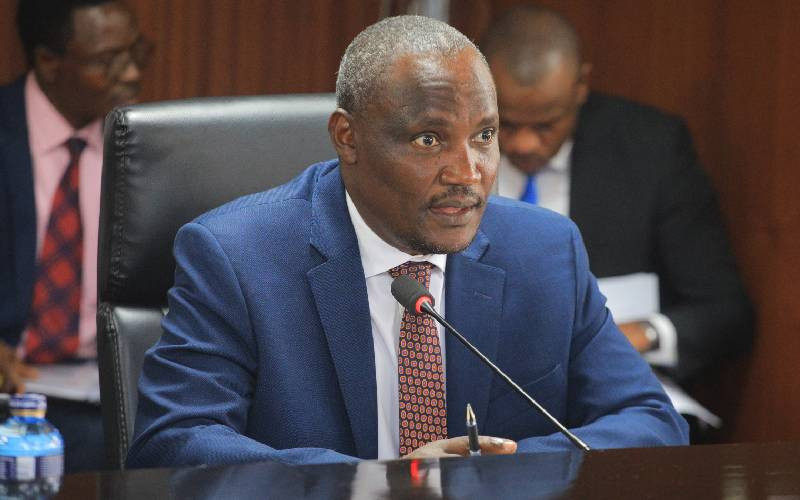×
The Standard e-Paper
Join Thousands Daily
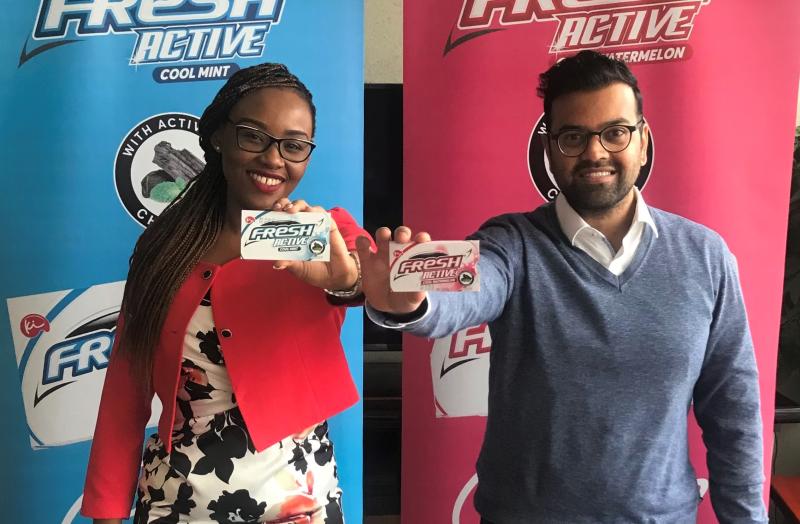
Kenafric Industries CEO Mikul Shah (Right) and Head of Legal Lorna Solopian showcase Africa’s first Charcoal-Activated gum dubbed Fresh Active on July 22, 2021[David Gichuru, Standard]
In the last four years, Kenafric Industries has invested over Sh2 billion in different product lines including biscuits, beverages and confectioneries.
